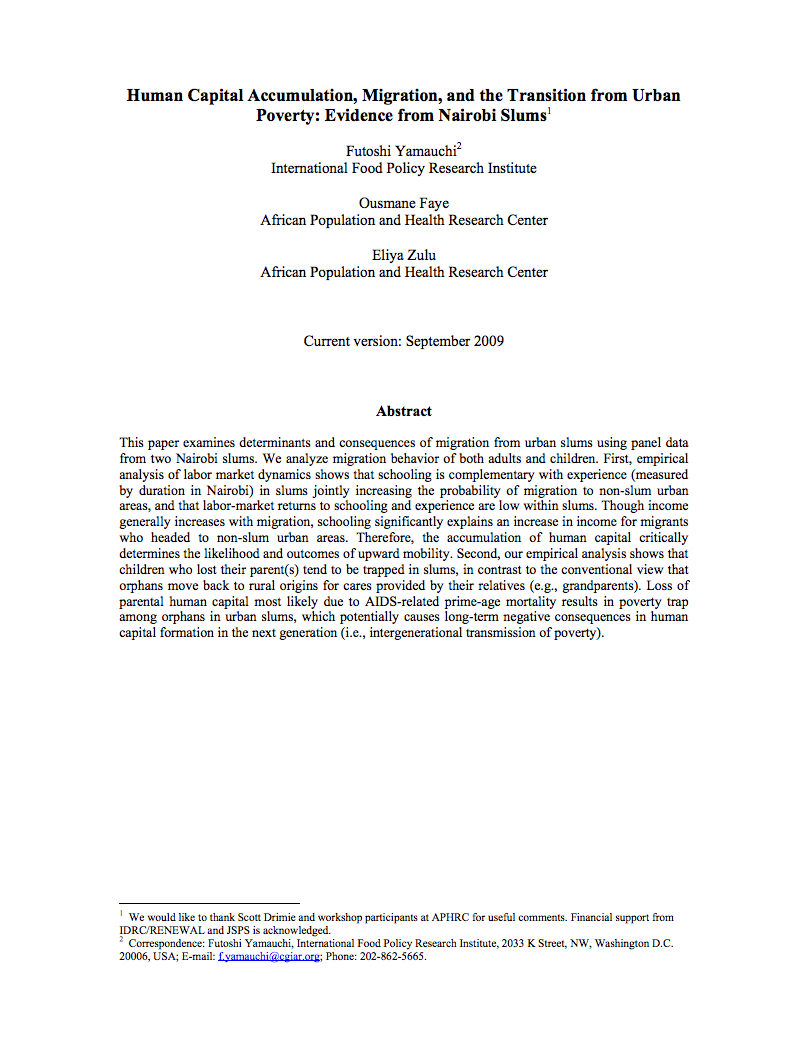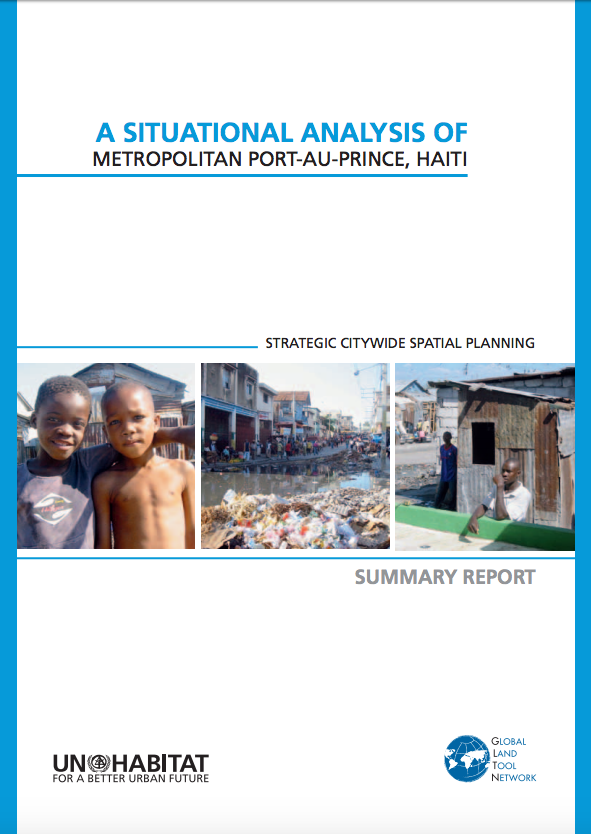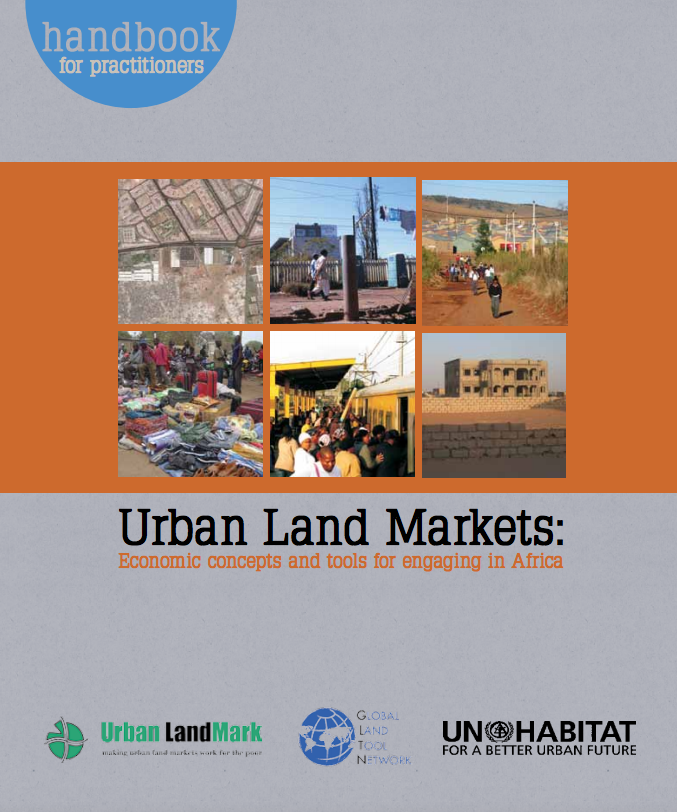Dar es Salaam
Over the period mid-October, 1997, through early February, 1998, CARE Tanzania implemented an Urban Livelihood Security Assessment (ULSA) in Dar es Salaam. The goal of the ULSA was to identify needs for urban programming in Dar es Salaam. In addition, the assessment was designed to develop capacities for undertaking urban livelihood security assessments and for understanding programmatic issues related to urban programming using a livelihood security perspective.







